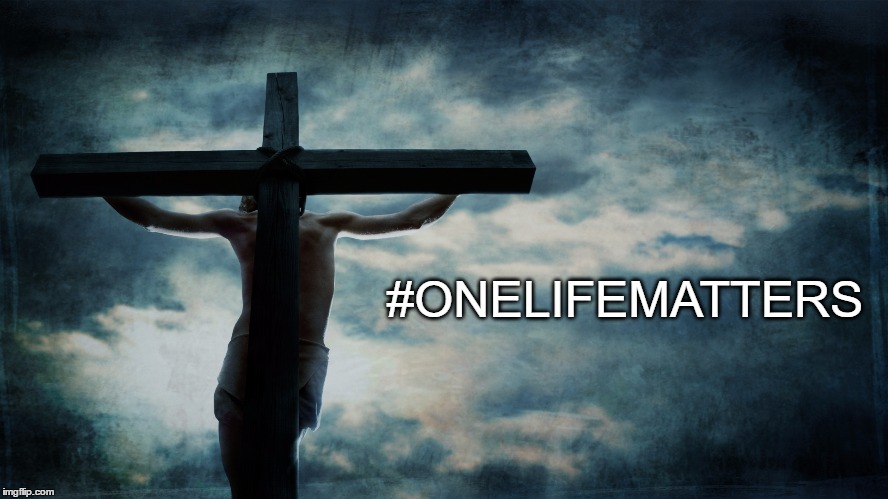
“Spend more than half an hour in a dairy barn and you can hardly smell it any more.”
Let me ask you: When was the last time you heard of a church pursuing “church discipline” (i.e., excommunication) for a matter that didn’t involve either sexual sin or church politics? Or when was the last time you heard of a case of church discipline for idolatry, theft, greed, drunkenness, slander or swindling?
I haven’t made any careful research on the matter, but based on just observation and recollection, it seems to me that the main reasons people come under church discipline is for one of two reasons:
- Sexual/marital issues of some kind: divorce, cohabitation, adultery, homosexuality, or some other form of related issue.
- Church Politics: not in the pejorative sense, but in the simple sense of whether or not a person is adhering to the church’s teaching, or if their church attendance shows faithfulness and a desire to maintain membership.
I’m not saying every case relates to one of those two things. I can think of one or two examples of those other things that I’ve heard of in my ten years of ministry. But the abundance of cases I’ve been aware of fall under one of my two bulleted categories. I’m not suggesting that those things should not be addressed. I would suggest – and I’m not alone in this – that this should be a warning sign to us.
I’m at a pastors’ retreat today. We have with us Professor Joel Fredrich, a New Testament scholar, and this morning we’ve had the opportunity to pick his brain on 1 Corinthians. Looking at 1 Corinthians 6:9-11, one of the men here made the analogy I quoted at the opening, and he applied it especially to the sin of greed. Prof. Fredrich, following that trail, talked a bit about the American pursuit of wealth and material blessings, and asked when the last time any of us had heard of someone being put under church discipline because they were greedy. He concluded by stating, “This is what proves as much as anything that we are in the dairy barn, and we can’t smell what fresh air smells like.”
There are two big issues here:
- We obsess over sexual sins because we don’t understand sex. Every culture of every period has had issues with sex. Ours is no different. It sells us a view of sex that is the opposite direction from God’s intended purpose for it. Sadly, the church too often pushes back with an equally unBiblical view of sex, an attempt to force morality on a world that doesn’t want it. The problem is that morality isn’t the same thing as the Gospel. It’s like we say, “It stinks in this barn. If we put around a lot of air fresheners, that will fix the problem.” It is meaningless to fix someone’s sexual life without showing them the Gospel, and helping them see how beautifully the sexual relationship reflects the Gospel.
- We ignore the sins that are rooted in our national identity. As Americans, we are committed to the concept of “Life, Liberty, and the Pursuit of Happiness.” We can do what we want, say what we want, and pursue the life we want. Anyone who says otherwise is simply unAmerican. So we ignore it when we make an idol of our pleasures and entertainment, when we make a habit of gossip, and when we throw ourselves into acquiring everything the commercials tell us we can’t live without. We don’t just ignore it – we’re so steeped in it we don’t even smell that it stinks in here.
The results of this are likewise twofold: Christians appear to be hypocrites, only interested in denouncing sexual sins and blind to all other lovelessness; and worse, we don’t address these American sins adequately and souls are harmed because of it.
So what do we do about this? Start rooting out anyone who seems a little greedy and starting kicking them out of membership? Not the best solution.
Here’s what we can do:
Each of us can start with self examination, repentance, and trust in our forgiveness. In 1 Corinthians 6:11 Paul says, “This is what some of you were.” How can I know if such a thing includes me? If I search my sinful heart, honestly and openly in the light of God’s Law, I’m not likely to come away saying, “No, actually, I’m doing pretty good here.” And in that state of repentance, I see how Paul finishes the verse: “But you were washed, you were sanctified, you were justified in the name of our Lord Jesus Christ and by the Spirit of our God.” This is forgiveness I can bask in, I can rest and relax knowing that I’m completely clean. This is fresh air I can breathe and remember what fresh air smells like.
We can live as the people of God. Just because I live and work in the barn doesn’t mean I have to love the smell. Knowing I’m forgiven for my sins of idolatry, greed, slander, and so on, why would I go back and revel in the dung heap? So much better to devote my heart to the God who saves, embrace contentment with all he’s given, and show his grace to others.
We can boldly and graciously confront all sin and call others to repentance. We do need to deal appropriately with sin, including those issues of a sexual/marital nature and church politics. But we also need to address all the other stuff, and we need to do so in the light of the grace we’ve been given. Then we’re not just living with the smell because we’re used to it, but actually finding a real solution to its cause.







